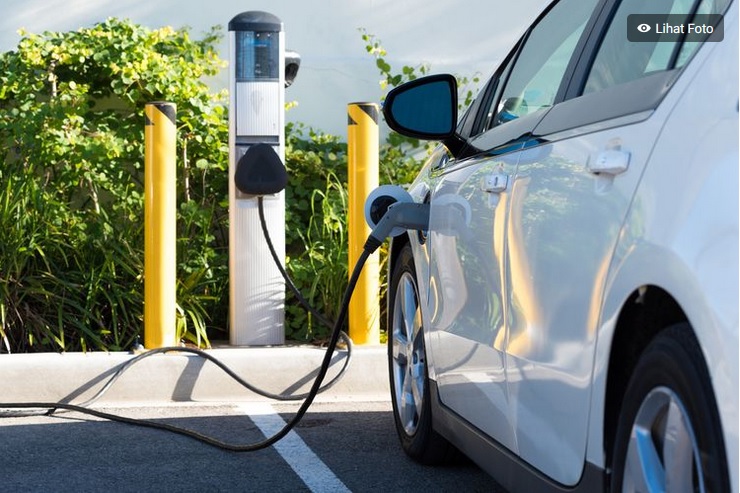BRIN: The Electric Vehicle Ecosystem in Indonesia is Still Not Mature

Source: Kompas.com | June 13, 2024
The National Research and Innovation Agency (BRIN) views that the electric vehicle ecosystem in the world, including Indonesia, is currently still immature due to technological limitations.
Head of BRIN Laksana Tri Handoko said that the biggest obstacle to electric cars is that batteries are not yet well established in storing electricity.
In addition, current battery technology deteriorates relatively quickly compared to the lifespan of the car itself.
“The charging period is too long, so currently electric vehicles are still an option for certain segments that can and are ready for electric vehicles, for example people who have landed houses,” said Handoko in Jakarta, Wednesday (12/6/2024 ), as reported by Antara.
For consumers who own landed houses, they can recharge the battery more freely at any time.
Meanwhile, electric vehicle owners who live in apartments will have difficulty charging the battery.
Apart from that, electric vehicles so far tend to be used in urban areas rather than for long-distance mobilization.
Handoko gave an example, in the United States (A), the same problems also occur.
Residents who live in subareas and have to commute quite long distances are not yet able to maximize electric vehicles.
“Practically (electric vehicles) are still at secondary car level,” he said.
Handoko added that the next electric vehicle problem that has not yet been solved is the mechanism of the used electric vehicle business model.
Abroad, people use cars on a 10 year cycle and mostly throw them away when they have passed that cycle.
However, in Indonesia, a vehicle lifespan with a decade cycle does not apply and used vehicles still have a high value.
In the case of electric vehicles, the highest price component is the battery. If oil-fueled cars are still thriving, the price of used electric vehicles is actually falling.
This situation can give rise to various perceptions for electric vehicle owners about the selling price of their electric vehicles. “This will create a back fire which is not good for the development of electric cars. We have to quickly create a mechanism to anticipate because electric vehicles have only been around for a few years, in the eighth year and in the tenth year, this problem will definitely arise,” concluded Handoko.












